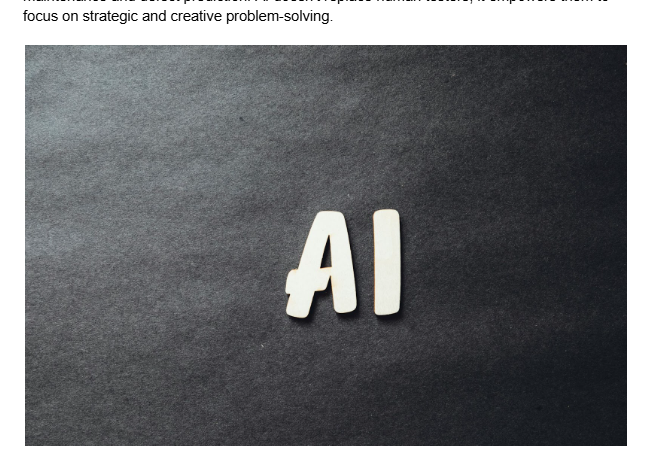
Calculators began as simple math tools and have evolved into essential tools for the STEM fields (science, technology, engineering, and mathematics). Their integration into academic and professional settings highlights their importance for facilitating complex calculations, boosting output, and fostering creativity. Calculators are still essential in many STEM fields, from aiding with complex equation solving to supporting scientific research.
Scientific Calculator Uses

Boosting Scientific Computing
Calculators are indispensable tools in the scientific community. Scientific calculators provide the accuracy required for difficult scientific tasks like calculating trigonometric functions in physics, solving logarithmic equations in chemistry, or analyzing biological data. These tools enable precise and efficient data handling, which makes them indispensable for environmental science fieldwork.
Technologies Using Calculators

Encourage Technology Innovation
Calculators are also very important in technology, especially in software development, coding, and data processing. Programmers use calculators to carry out algorithmic computations and data scientists to process big datasets. Calculators support data encryption and provide solutions to difficult computational issues in the fields of cryptography and artificial intelligence (AI), advancing these fields.
Calculators in Engineering

Precision and Efficiency in Engineering
In engineering, calculators are widely used for tasks like structural analysis, electrical circuit design, and mechanical calculations. When performing thermodynamic calculations in mechanical engineering or stress-strain analysis in civil engineering, calculators ensure precision and effectiveness. They are also valuable in project management and cost estimation, helping engineers deliver precise and cost-effective solutions.
Mathematical Calculators

Encouraging Research and Learning in Mathematics
Calculators are essential for both research and teaching in mathematics. In many mathematical subjects, such as algebra, calculus, and statistics, these tools help solve equations, visualize functions, and conduct statistical analyses. Graphing calculators are particularly useful for both students and academics because they make complex problem-solving easier and give mathematical concepts a visual representation.
Real-World Case Studies

Calculators in Use in a Variety of STEM Fields
Several real-world case studies illustrate the use of calculators in STEM fields. In engineering, for instance, calculators have been used in the design and analysis of complex structures. They have enabled accurate data analysis in scientific research, leading to groundbreaking discoveries. These case studies show how calculators improve accuracy and efficiency, demonstrating their usefulness in solving practical problems.
The Future of Calculators in the STEM Field

Developments in the Future
In STEM fields, calculators hold great potential, and this potential will only increase with technological advancements. With the integration of AI and machine learning, calculators will be used in entirely new ways, offering predictive analysis and enhanced computational capabilities. Moreover, the development of quantum calculators can contribute to the advancement of science and technology. Top quantum computing companies are driving advances in computational technology, developing quantum processors and algorithms that exceed traditional limits in fields like cryptography and predictive modeling. Their work is paving the way for quantum calculators capable of solving complex problems with unmatched speed and accuracy, making advanced calculations more accessible across STEM and beyond.
In Summary
In the STEM fields, calculators remain indispensable tools for professional practice, teaching, and research. As these technologies advance, it is likely that they will be more thoroughly incorporated into professional workflows and educational curricula, which will promote further innovation and efficiency across all STEM fields.
In the STEM fields, calculators remain indispensable tools for professional practice, teaching, and research. As these technologies advance, they are likely to be more thoroughly incorporated into professional workflows and educational curricula, promoting further innovation and efficiency across all STEM fields. To stay ahead in your field with the latest technology and software solutions, explore FastSoftwares today!



